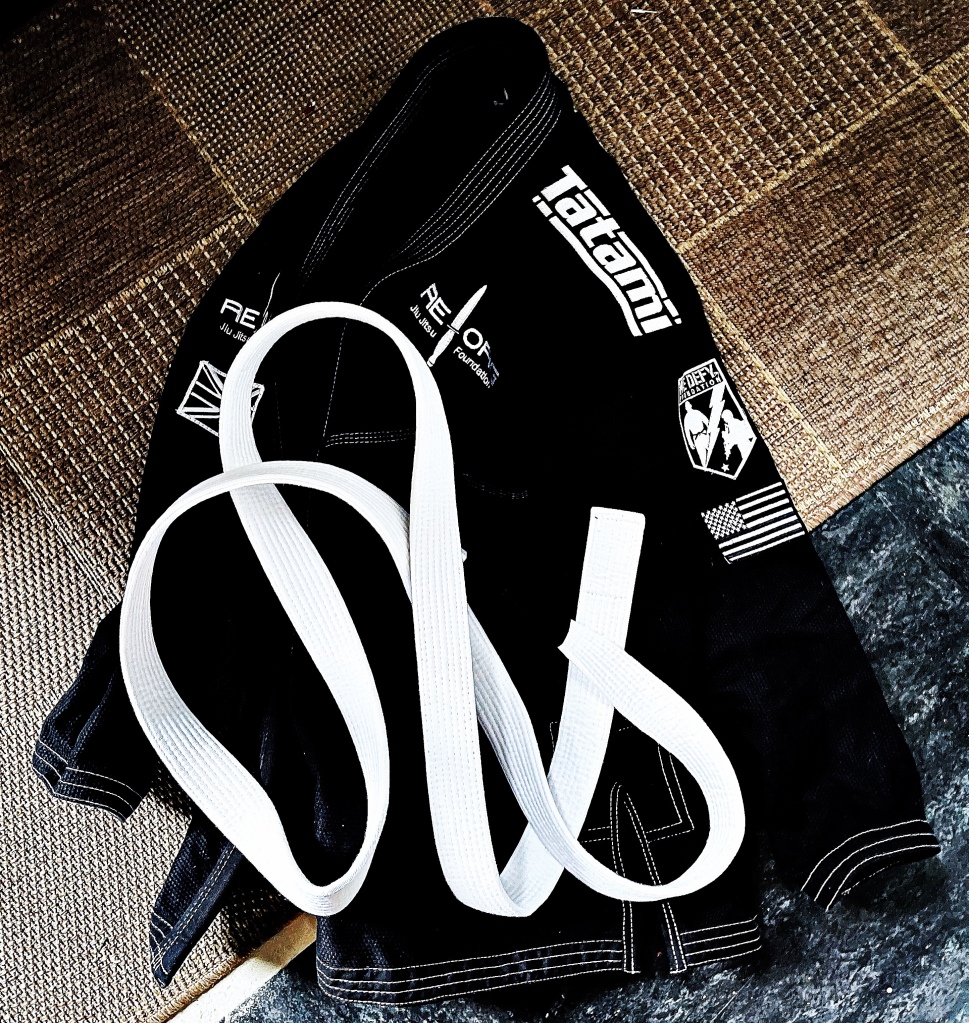
There’s a lot written about Brazilian Jiu Jitsu and its applicability to policing and its easy to perhaps write it off at the latest fad across the officer safety training community.
I’ve spent a good portion of my early career teaching and developing operational safety related training, delivering use of force instruction and unarmed combat training and I now have a vested interest in keeping abreast of the latest developments in this field through my current work.
Because of that (and wanting to start training externally again after years of being away from martial arts) I wanted to learn more about BJJ in particular.
I’ve now spent a few months back in training 2-3 times a week, having originally also had my curiosity peaked by completing a 4 day Gracie Survival Tactics seminar (a law enforcement focussed BJJ course) last year.
These are my reflections on what I have learned, what I feel I have gained and finally how I see it fitting into operational safety training.
First, personally.
Being a BJJ white belt is a tough gig! I am a fan of Chad Lyman’s philosophy of seeking out hard days with hard people and it certainly applies to BJJ. As a white belt you learn basics of defence (mostly but not exclusively on the ground) then spend time in sessions ‘rolling’ or wrestling with other class members.
The people you train with of course know more than you and you end up spending a lot of time in uncomfortable positions getting ‘tapped out’ ie stopping the roll as you are in a position you can’t get out of. You slowly start to pick up certain principles and apply them (and get great advice from other students and instructors).
The best and most consistent advice I’ve received was to be patient while adjusting to such an unusual environment, try not to take in too much and focus on basics.
What have I gained to date? Well a few months in I am definitely more confident in training.
I still know relatively very little, but I know a lot more that anyone who doesn’t train (more of this later)!
My cardiovascular fitness has increased, as has my strength endurance. Given I previously spent little time on these aspects of my fitness in lieu of strength training, its provided a better balance to my training routine.
I’ve lost weight and I’m not alone. A colleague has been training a few months longer than me and has lost 5+ stone.
I focus more on mobility in between BJJ training than I did in order to ensure I keep injury free and to combat the effect of what are hard training sessions (no bad thing given I just hit 50).
Its an excellent activity for my mental health. When I’m training I’m focussed and only thinking of one thing. I don’t think about work or any other stressor and feel invigorated and buzzed at the end of it.
Turning to what I think professionally.
Firstly a couple of thematic comments on the potential training value to cops:
BJJ puts you in uncomfortable positions and conditions you to them. The concept of ‘getting comfortable with being uncomfortable’ is central. When cops are in uncomfortable positions with offenders it’s a definite positive to be able to retain your composure, get your breathing under control and move to put yourself in a safe position and go from there. Its drills an ethos that you are never out of the fight and gives you options to protect yourself.
BJJ is more focussed on control as opposed to striking. The focus on gaining competence in controlling another human who doesn’t want to be controlled is as central to BJJ as it is to policing. Having officers whom are comfortable in being able to engage and rapidly control a subject without necessarily resorting to repeated striking is to everyone’s advantage. Even after a short period training officers will increase in both confidence and competence in how they do this. If you want to see more about how this might apply to cops look up the work of Jay Wadsworth and Chad Lyman on youtube and instagram for some ideas.
My overall assessment of the wider benefits of BJJ training to cops in general is that a BJJ trained cop will absolutely be more fit, strong, confident and competent in managing use of force scenarios and securing offenders.
Some thoughts on integrating BJJ into Operational / Personal Safety Training:
I’ve maintained a basic but consistent philosophy in my approach to any OST / PST programming:
· Less ‘techniques’, more repetition: Drill, drill, drill!
· More gross motor skills, less fine motor skills.
· Understand what each member of the team needs to do.
· Spend twice the time in simulation / scenario based training than you do in technique instruction.
· Integrate your de-escalation techniques across your training system.
There is a whole school of law enforcement BJJ developing (like we see from Lyman and Wadsworth, as well as the Gracies) but all have a series of baseline techniques that can be slotted into the above philosophy.
There is little point us replacing one complex system for another though. A selection of integrated, baseline techniques combined with effective scenario based training will increase confidence and competence and make use of force and restraint safer for both officers and subjects.
Finally, if you are interested in trying BJJ in a welcoming environment a lot of forces now have their own Team Police UK BJJ clubs where cops train with cops and run great taster sessions as well as regular training.
You’ll be fitter, stronger and a better frontline cop for it.
